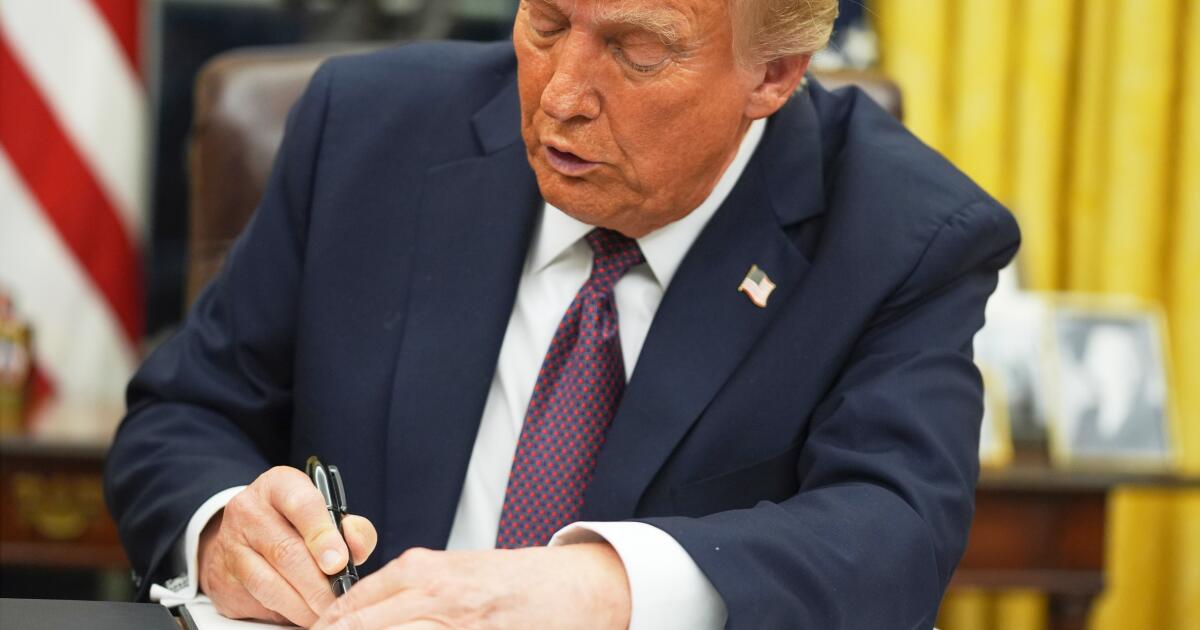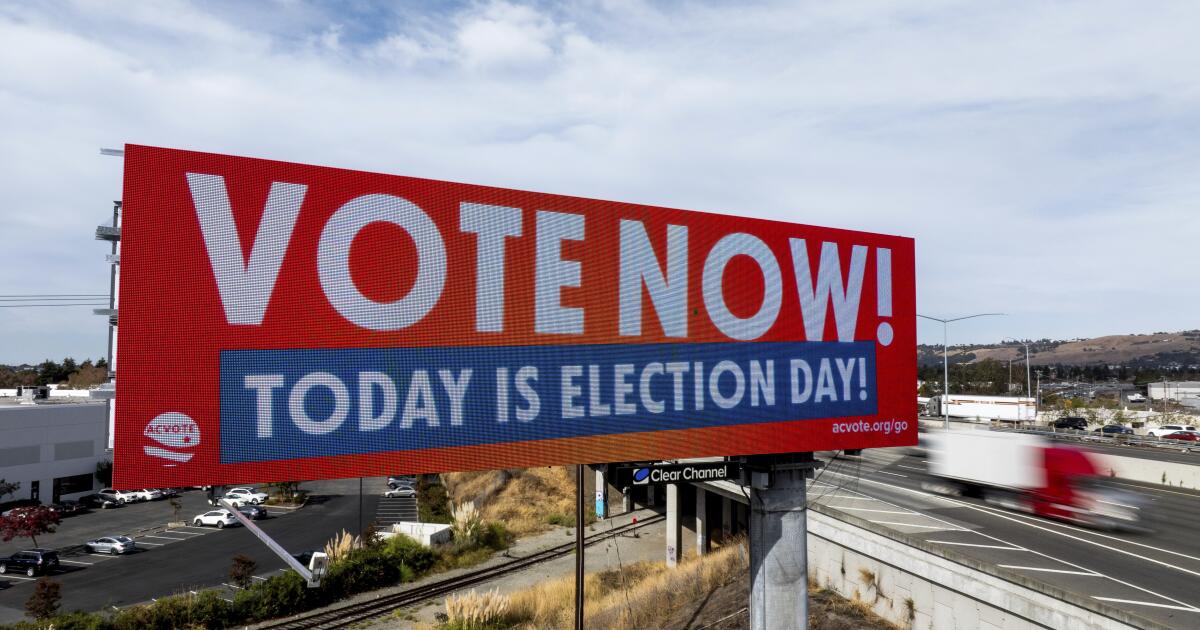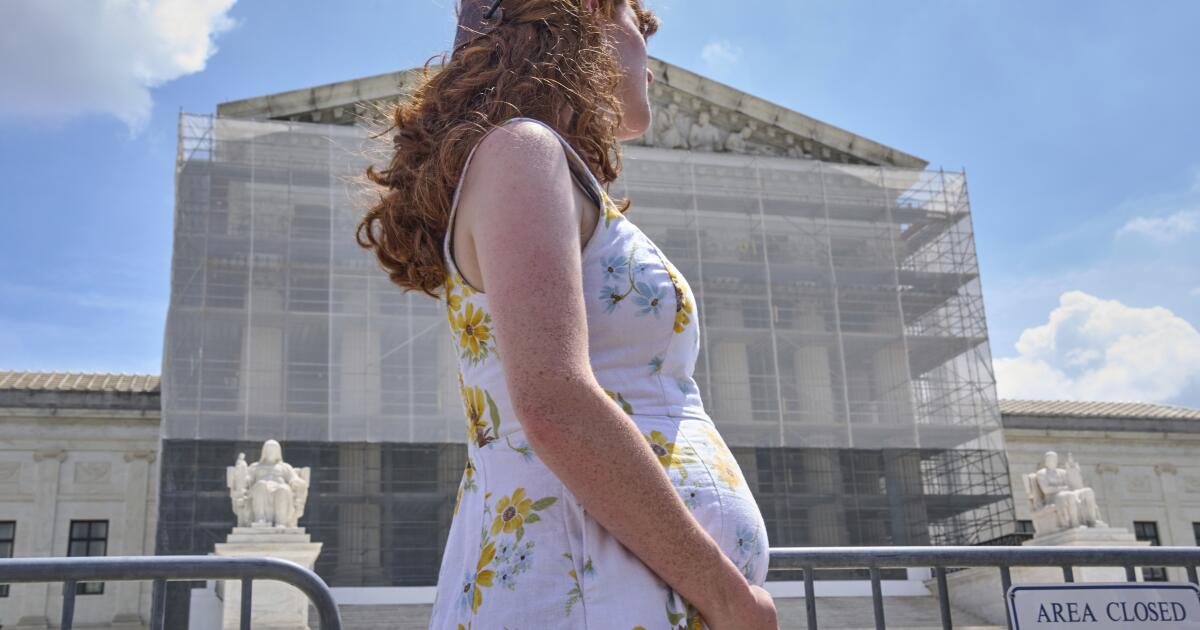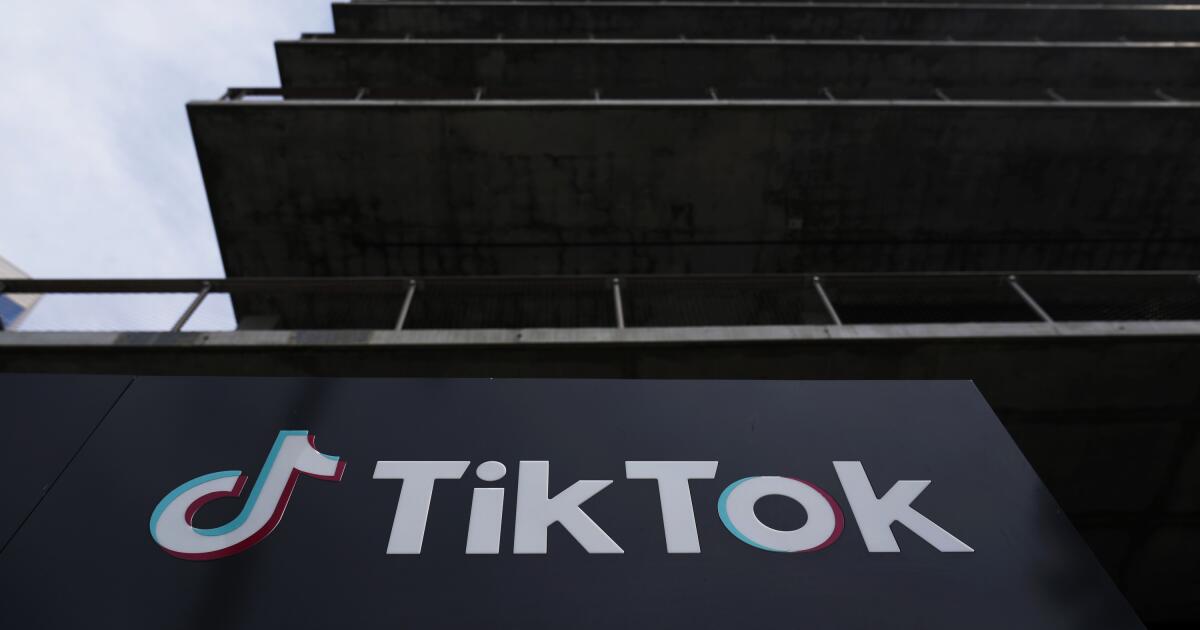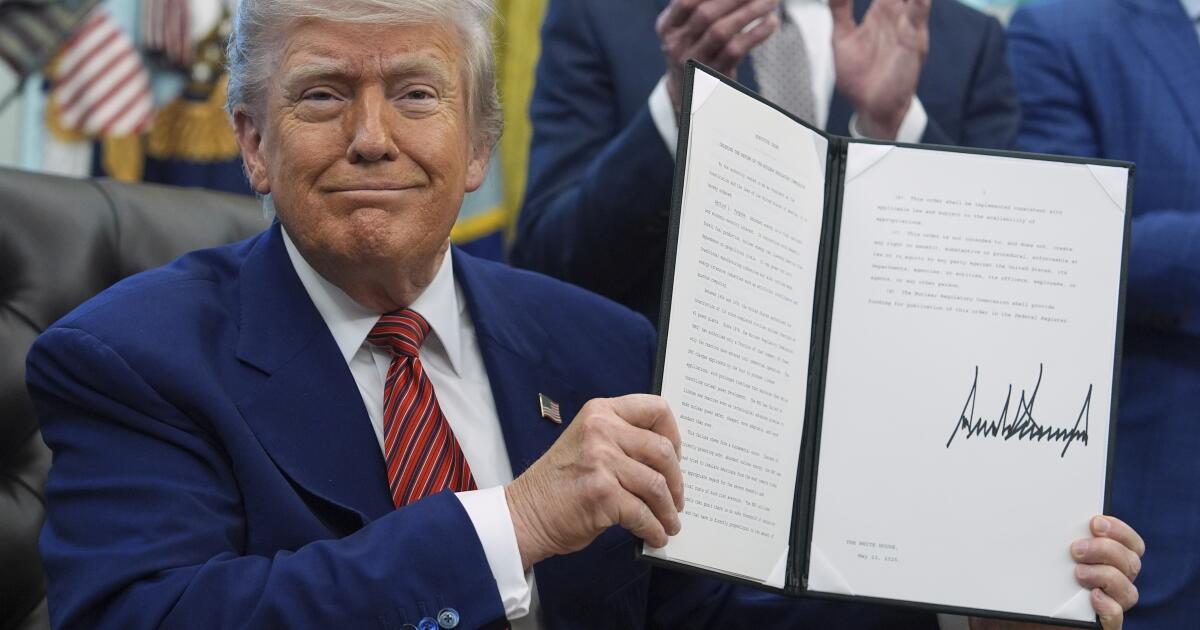Federal judge to pause Trump’s birthright citizenship order
CONCORD, N.H. — A federal judge in New Hampshire said Thursday he will certify a class action lawsuit including all children who will be affected by President Trump’s executive order ending birthright citizenship and issue a preliminary injunction blocking it.
Judge Joseph LaPlante announced his decision after an hour-long hearing and said a written order will follow. The order will include a seven-day stay to allow for appeal, he said.
The class is slightly narrower than that sought by the plaintiffs, who originally included parents as plaintiffs.
The lawsuit was filed on behalf of a pregnant woman, two parents and their infants. It’s among numerous cases challenging Trump’s January order denying citizenship to those born to parents living in the U.S. illegally or temporarily. The plaintiffs are represented by the American Civil Liberties Union and others.
At issue is the Constitution’s 14th Amendment, which states: “All persons born or naturalized in the United States and subject to the jurisdiction thereof, are citizens of the United States.” The Trump administration says the phrase “subject to the jurisdiction thereof” means the U.S. can deny citizenship to babies born to women in the country illegally, ending what has been seen as an intrinsic part of U.S. law for more than a century.
“Prior misimpressions of the citizenship clause have created a perverse incentive for illegal immigration that has negatively impacted this country’s sovereignty, national security, and economic stability,” government lawyers wrote in the New Hampshire case.
LaPlante, who had issued a narrow injunction in a similar case, said while he didn’t consider the government’s arguments frivolous, he found them unpersuasive. He said his decision to issue an injunction was “not a close call” and that deprivation of U.S. citizenship clearly amounted to irreparable harm.
Cody Wofsy, an attorney for the plaintiffs, and his team have been inundated by families who are confused and fearful about the executive order, he said. Thursday’s ruling “is going to protect every single child around the country from this lawless, unconstitutional and cruel executive order,” he said.
Several federal judges had issued nationwide injunctions stopping Trump’s order from taking effect, but the U.S. Supreme Court limited those injunctions in a June 27 ruling that gave lower courts 30 days to act. With that time frame in mind, opponents of the change quickly returned to court to try to block it.
In a Washington state case before the 9th U.S. Circuit Court of Appeals, the judges have asked the parties to write briefs explaining the effect of the Supreme Court’s ruling. Washington and the other states in that lawsuit have asked the appeals court to return the case to the lower court judge.
As in New Hampshire, a plaintiff in Maryland seeks to organize a class-action lawsuit that includes every person who would be affected by the order. The judge set a Wednesday deadline for written legal arguments as she considers the request for another nationwide injunction from CASA, a nonprofit immigrant rights organization.
Ama Frimpong, legal director at CASA, said the group has been stressing to its members and clients that it is not time to panic.
“No one has to move states right this instant,” she said. “There’s different avenues through which we are all fighting, again, to make sure that this executive order never actually sees the light of day.”
The New Hampshire plaintiffs, referred to only by pseudonyms, include a woman from Honduras who has a pending asylum application and is due to give birth to her fourth child in October. She told the court the family came to the U.S. after being targeted by gangs.
“I do not want my child to live in fear and hiding. I do not want my child to be a target for immigration enforcement,” she wrote. “I fear our family could be at risk of separation.”
Another plaintiff, a man from Brazil, has lived with his wife in Florida for five years. Their first child was born in March, and they are in the process of applying for lawful permanent status based on family ties — his wife’s father is a U.S. citizen.
“My baby has the right to citizenship and a future in the United States,” he wrote.
Ramer and Catalini write for the Associated Press. Catalini reported from Trenton, N.J.
